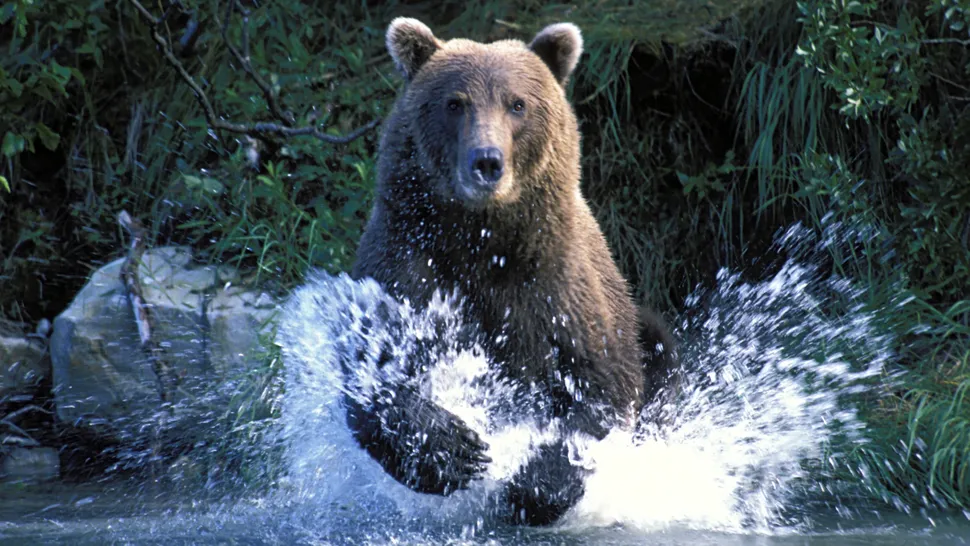The rewilding of brown bears in northern Italy‘s Trentino province was once celebrated as a success story for Conservation.
However, the death of Andrea Papi, a 26-year-old athlete, in a bear attack last year has ignited fierce debates about the coexistence of humans and wildlife.
From an Animal rights perspective, this tragedy raises critical questions about the ethical responsibility of humans in managing wildlife.
Papi’s death marked the first recorded fatality caused by a bear in modern Italy. The bear responsible, JJ4, was introduced as part of Life Ursus, an EU-funded initiative aimed at restoring the dwindling brown bear population in the Brenta Dolomites.
While the project increased bear numbers to an estimated 120 individuals, it failed to adequately prepare the local community for coexistence.
Animal rights advocates argue that human negligence is at the core of this conflict. Massimo Vitturi of LAV points to a lack of measures such as bear-proof bins and public education on bear safety.
“The province should have promoted coexistence, introducing measures, such as bear-proof bins, to keep both the citizens and bears safe. Bears go towards inhabited areas in search of food – not because they like the towns but because bins are overflowing.
People were also never properly informed about the animals and how to keep safe,” he explained. Without these preventative actions, encounters between humans and bears became inevitable.
Opposition to the rewilding project has grown in Papi’s hometown, with 98% of residents voting against the bears’ presence in a recent consultative ballot. But for Animal rights groups, such decisions disregard the root issues.
They contend that treating wild animals as enemies only perpetuates conflict, leaving bears to bear the consequences of human mismanagement.
The province has since implemented measures to reduce bear-human encounters, including deterrent tactics and public safety education.
However, the policy of culling “dangerous” bears remains controversial. JJ4, held in captivity since Papi’s death, was spared from execution by a court order.
Conservationists fear such actions undermine efforts to protect the species and ignore systemic failures that lead to these incidents.
This article by Trinity Sparke was first published by One Green Planet on 20 November 2024. Image Credit :Volodymyr Burdiak/Shutterstock.
What you can do
Help to save wildlife by donating as little as $1 – It only takes a minute.







Leave a Reply